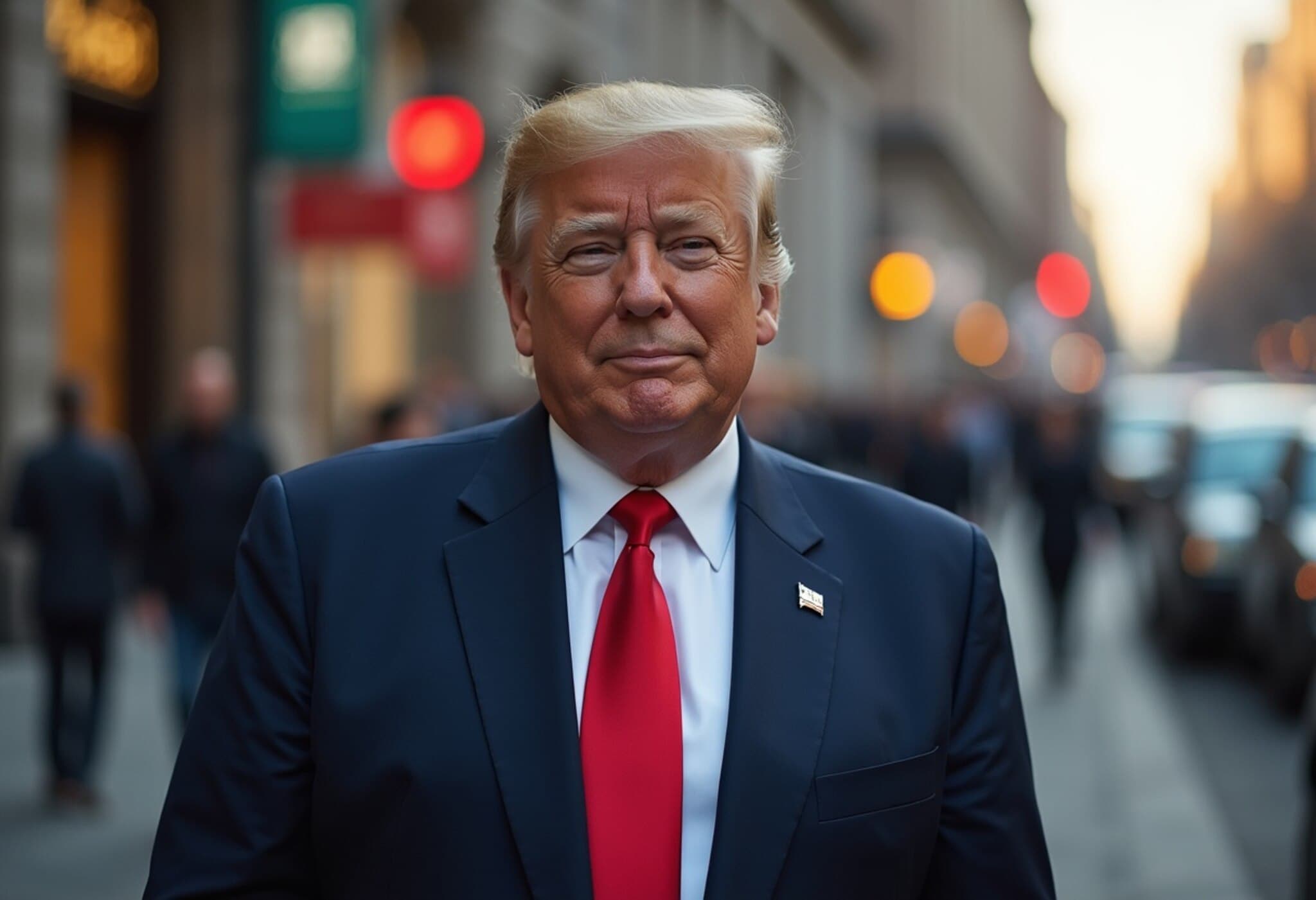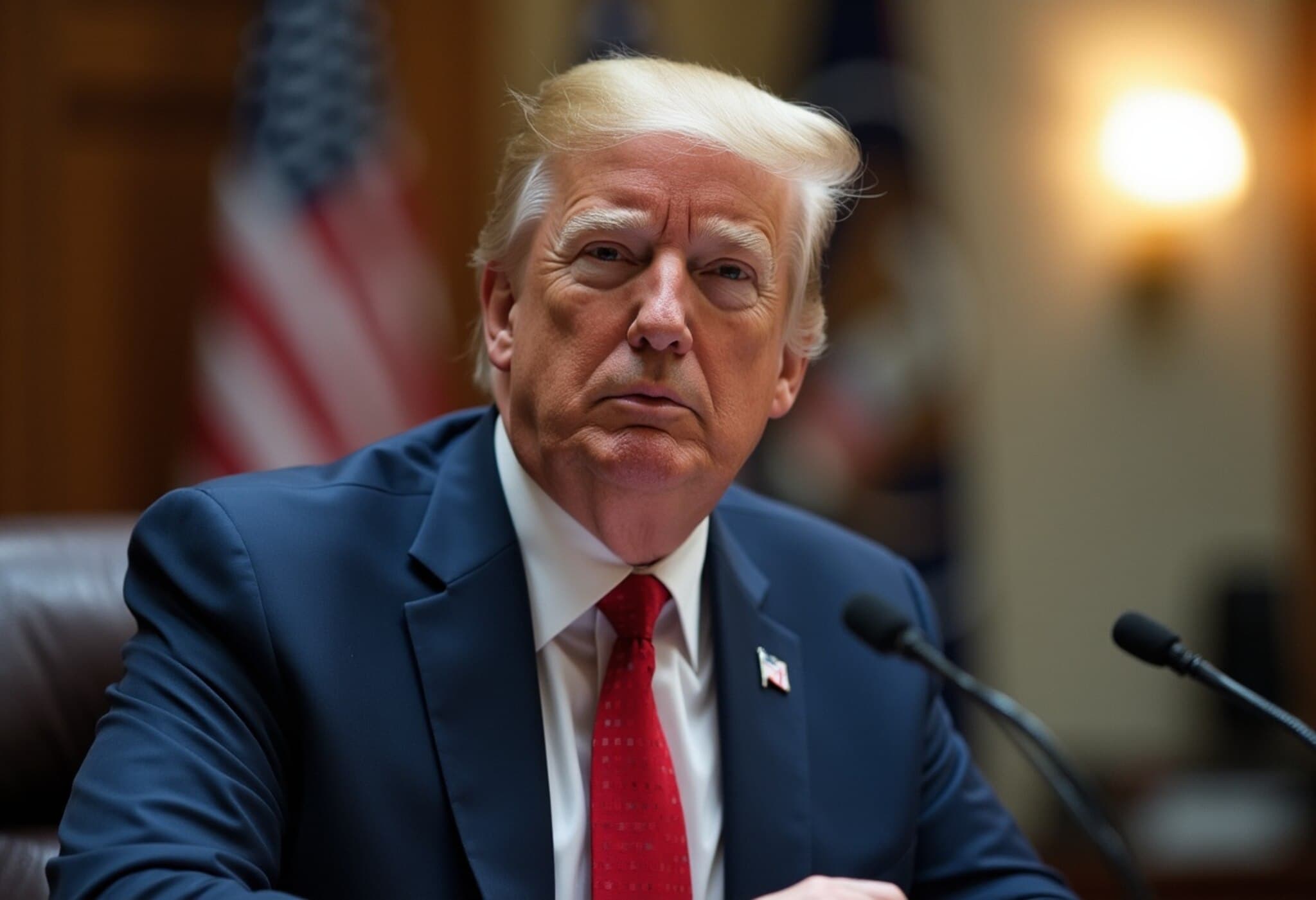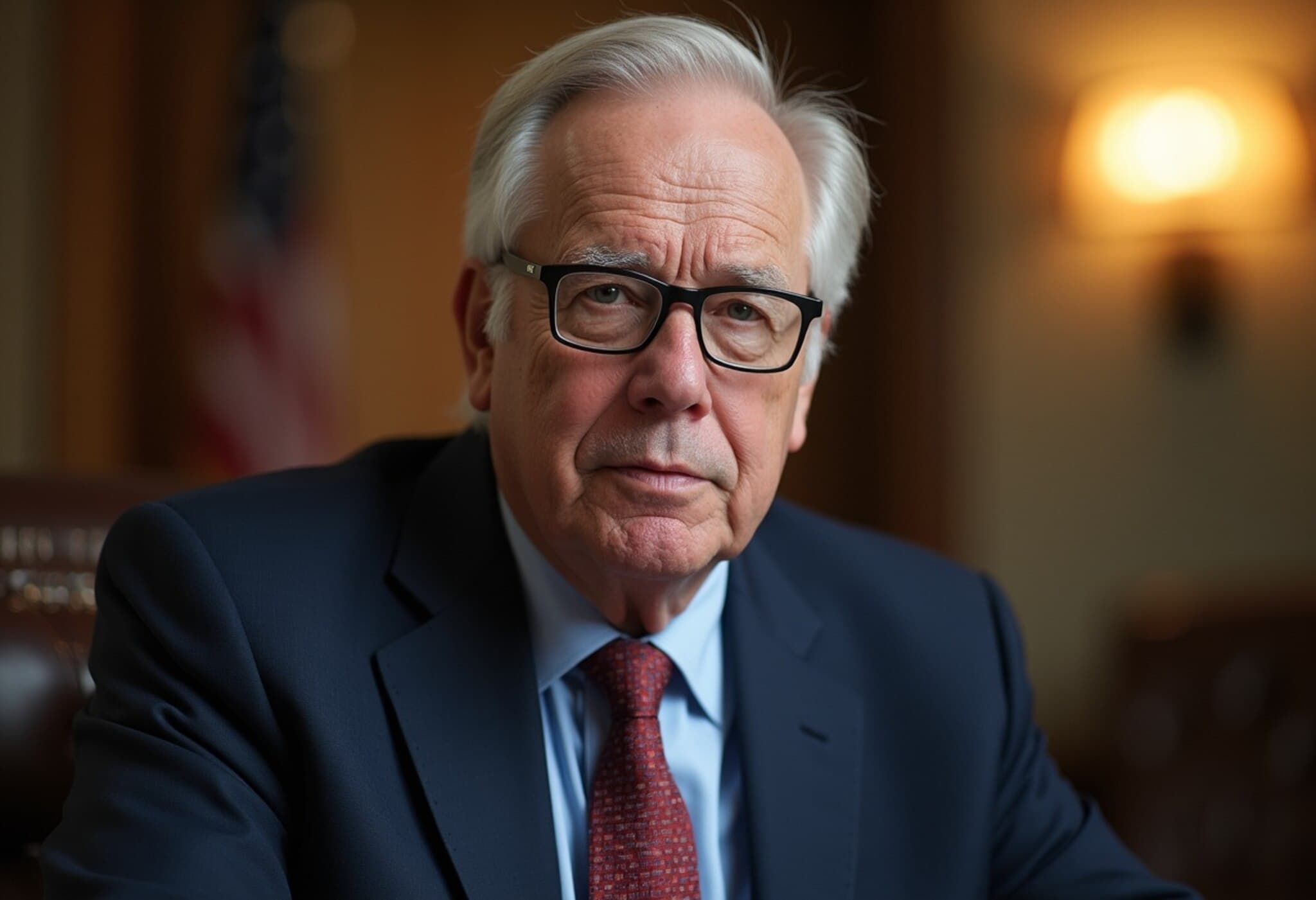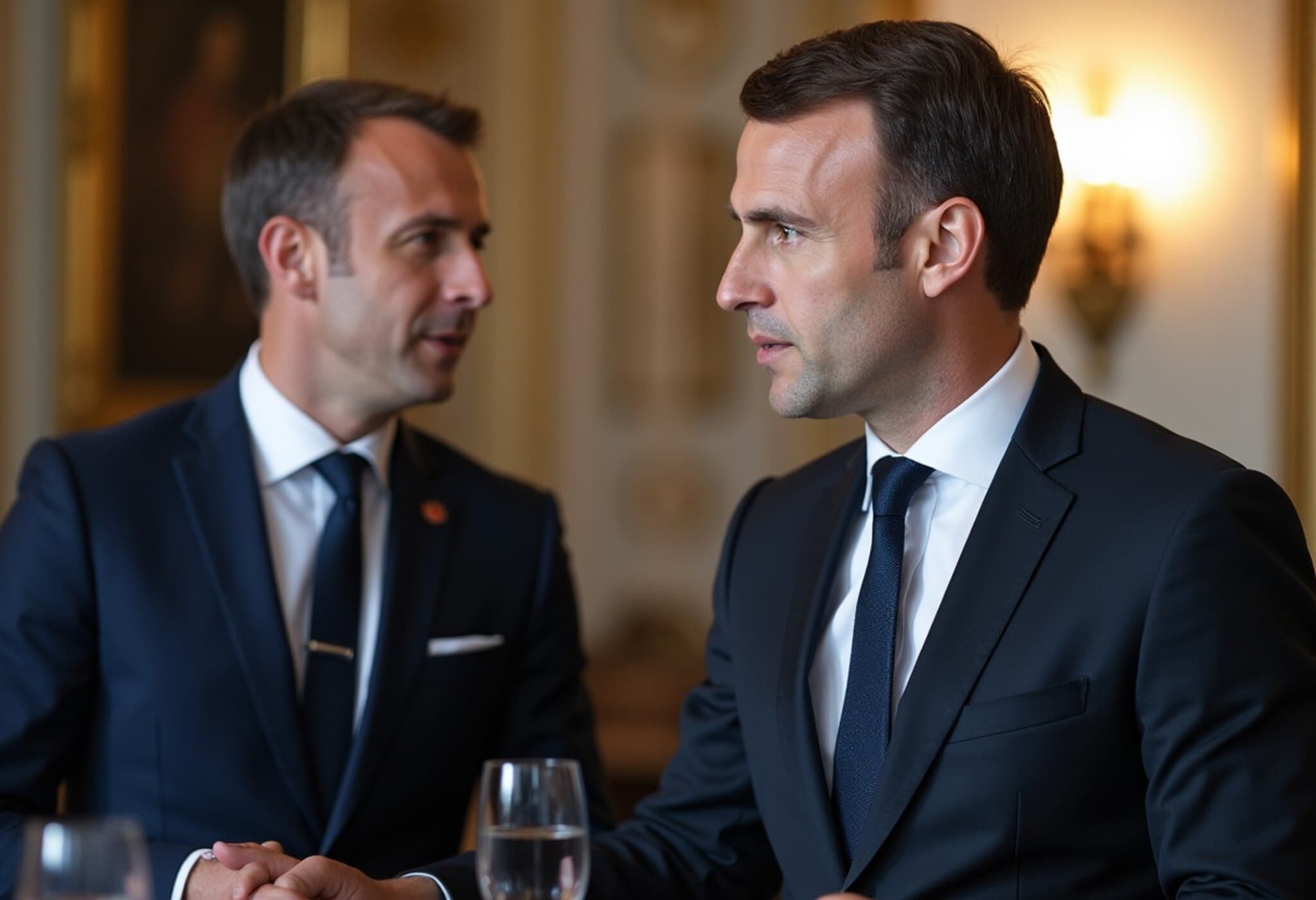US Trade Adviser Criticizes India’s Energy Ties with Russia Amid Rising Bilateral Trade
In a striking display of geopolitical tension, White House trade adviser Peter Navarro has publicly condemned India’s expanding energy and defense cooperation with Russia, warning that Washington might “hit India where it hurts” if New Delhi does not adjust its approach. His remarks come at a time when the US is quietly maintaining and even growing its own imports from Russia, stirring accusations of selective outrage and double standards in American foreign policy.
Navarro’s Stark Reproach: India ‘Cozying Up’ to Russia and China
Writing in a Financial Times opinion piece, Navarro labeled India’s oil trade with Moscow as both “opportunistic” and “corrosive” to global efforts aiming to isolate Russia economically. He argued that India acts as a “global clearinghouse” for Russian oil, helping Moscow gain valuable hard currency that could finance its ongoing war in Ukraine.
“India’s actions undermine the West’s united front, funneling dollars to Russia and cozying up to both Russia and China,” Navarro asserted. He further stressed, “If India wants to be treated as a strategic partner of the US, it needs to start acting like one.”
Contradictory US-Russia Trade Figures Undermine Criticism
Despite the harsh criticism aimed at India, US imports from Russia have increased notably. From January to May 2025, America’s imports from Russia soared by 23% to $2.1 billion, primarily comprising fertilizers, uranium, and palladium. This surge exposes an uncomfortable contradiction where the US simultaneously condemns India’s Russian dealings while enriching itself through trade with Moscow.
Critics argue that this inconsistency reflects a politically selective strategy, undermining the moral authority of Washington’s warnings and revealing a pragmatic, economically driven approach to international relations.
Stalled US-India Trade Talks Complicate the Diplomatic Landscape
Navarro’s statements coincide with stalled trade negotiations between the US and India, particularly concerning agricultural products, dairy, and micro, small, and medium enterprises (MSMEs). India has resisted US demands to dismantle tariffs and barriers in these sensitive sectors.
In late July, former President Donald Trump announced punitive tariffs of 25% on Indian exports, with an additional 25% levy linked explicitly to India’s purchases of Russian oil—measures that India’s Ministry of Foreign Affairs dismissed as “unreasonable” and detrimental to the bilateral relationship.
The Silence Surrounding China’s Role in Russian Oil Imports
While India faces explicit criticism for its ties with Russia, the US has notably remained silent regarding China, which is the largest importer of Russian crude oil. Senator Marco Rubio explained that imposing secondary sanctions on China could inadvertently spike global energy prices, given China’s role in refining and reselling Russian oil on international markets.
This selective restraint underscores the complexities of sanction policies and global energy markets, where balancing geopolitical pressure with economic stability proves challenging.
Context and Broader Implications
Navarro’s accusations frame India’s approach as a critical pivot point for US strategic interests in Asia, especially given New Delhi’s growing defense ties not only with Moscow but also its cautious diplomacy with Beijing. From a US policy perspective, India’s refusal to open certain economic sectors and its continued engagement with Russia complicate Washington’s goals to strengthen alliances and counterbalance China’s rise.
Yet, the criticism also raises important questions about consistency in international diplomacy and the feasibility of enforcing strict sanctions regimes selectively. The US reliance on imports of key Russian commodities like fertilizers and uranium suggests a degree of dependency that tempers its capacity to apply uniform pressure on all Russian trade partners.
Unheard Narratives and Critical Questions
- How do India’s strategic interests in maintaining ties with Russia and China reflect its broader ambitions on the global stage, particularly in light of Western pressures?
- What are the implications of America's selective sanction strategy for its credibility as a global normative power?
- Given the intertwined nature of global commodity markets, how realistic is it for countries to completely decouple from Russian supplies without significant economic fallout?
- Could a more multilateral and nuanced approach to sanctions and diplomacy yield better results than punitive tariffs and unilateral criticism?
Editor’s Note
Peter Navarro’s vociferous critique of India’s Russian oil purchases exposes the fraught dynamics at the intersection of economics, geopolitics, and diplomacy in 2025. While legitimate concerns exist over enabling Russian aggression, the US’s own tangled trade engagements reveal the complexities of maintaining principled stances in a globalized marketplace. Moving forward, policymakers must grapple with balancing strategic alliances, enforcing sanctions effectively, and addressing the realities of energy interdependence. For observers, this episode highlights the importance of scrutinizing not just who is sanctioned, but why, and with what consequences for global stability.











